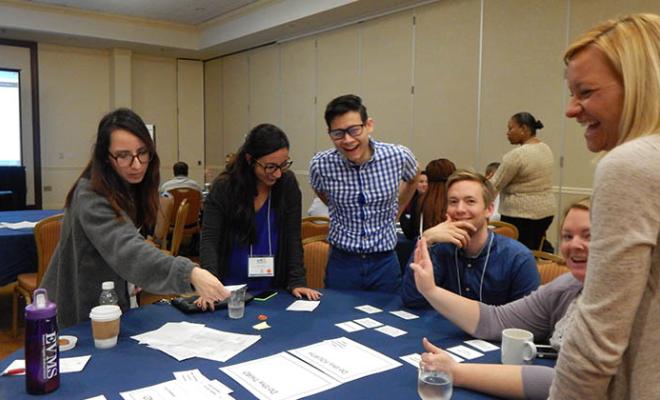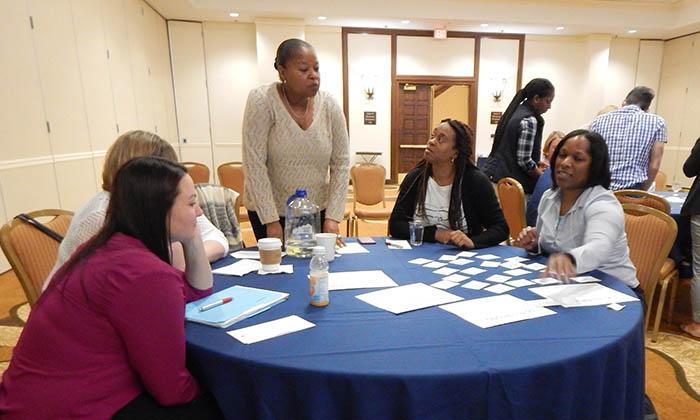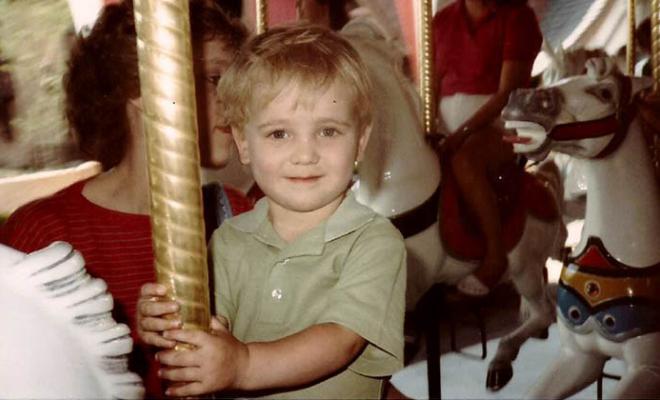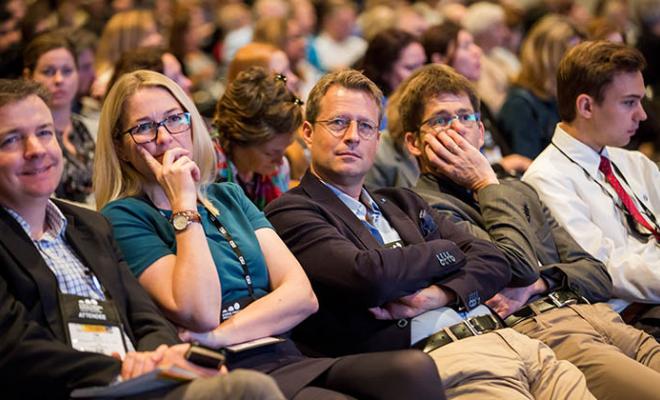This year is projected to be the busiest yet for our Therapeutics Development Network (TDN), the largest cystic fibrosis clinical trials network in the world. With a record 45 clinical trials either ongoing or starting up in 2016, we had more than 400 investigators and research coordinators from every TDN care center come to San Antonio April 11-12 for our annual spring meeting. They came to learn about upcoming trials and receive training.
Because of the tremendous increase in clinical trials, Cystic Fibrosis Foundation Therapeutics Inc. provided funding to hire and train an additional 87 research coordinators to handle the workload.
Although many principal investigators and research coordinators have been involved in CF research for a long time (64 of the attendees have been in the field for more than 20 years!), this influx of new talent got me really excited to join a team in developing the TDN's first CF Research Boot Camp in 10 years. We needed to get these new coordinators up to speed!
After the official meeting, 125 attendees with less than two years of experience in CF clinical trials stayed an extra day for the boot camp.
As I liked to joke with the audience, boot camp was all of the carb loading and none of the pushups. (There were a lot of snacks…)
Attendees heard presentations on important topics such as how to select the right studies for their center, how to make sure that patients really understand the study when they are signing up to be part of it, and how to make sure that researchers are protecting the safety of patients in their study.
Attendees also received hands-on experience as they worked together in small groups reviewing protocols (plans for clinical trials), discussing how to make informed consent documents easier to understand and designing study budgets. Friendships were forged as coordinators and investigators networked with their counterparts from other sites.
Sean Ryan, a respiratory therapist, was one of those researchers. He has been a research coordinator for 18 months at Stanford University in northern California.
Sean said that he decided to switch careers when the research manager approached him one day and started talking about an opening for a research coordinator position. The manager asked Sean a pointed question that still resonates with him: “Do you want to save a few lives or a lot?”
Sean said he knows he made the right decision to change careers. He feels very fulfilled in his new job: “Ever since then, I've loved it. I love what I do. I love the patients, the families.”
It's that type of passion that I find so inspiring among not only the new crop of research coordinators, but also the veterans of the TDN. We all left the meeting feeling reinvigorated to tackle the clinical trials in progress, as well as the more than 20 others that are slated to start this year.






